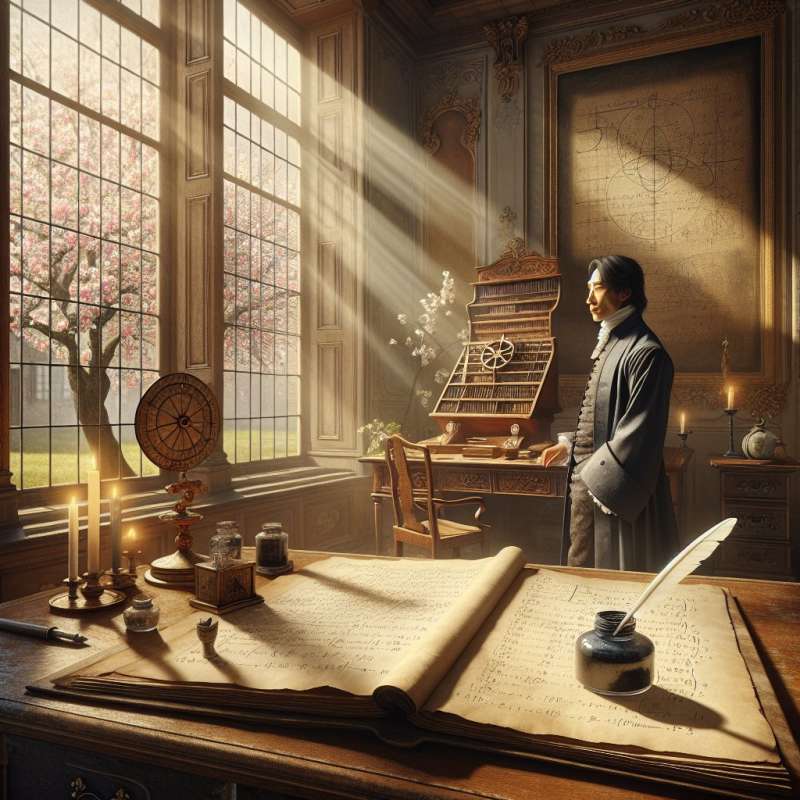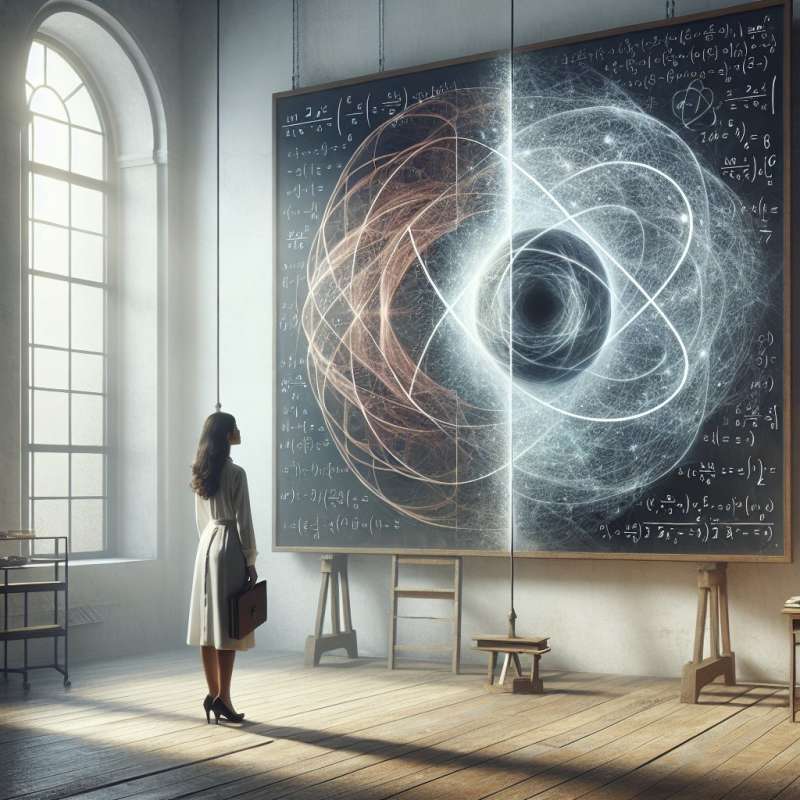
Mechanics: A Historical Prelude
Classical mechanics has origins in antiquity. From Archimedes' principles to Aristotle's musings, early ideas laid groundwork for future enlightenment. Newton's 17th-century laws revolutionized understanding, establishing a framework for the physical world's behavior.
Newton's Laws of Motion
Newton's three laws describe fundamental principles: inertia, F=ma, and action-reaction. They predict the motion of objects from arrows to planets. Lesser-known fact: Newton's work also hinted at energy conservation, a concept fully developed later.
Conservation Laws Unveiled
Conservation laws are pivotal in mechanics. Energy, momentum, and angular momentum remain constant in closed systems. Surprisingly, these principles guide everything from particle physics to celestial mechanics, revealing a universe with astonishing symmetry.
The Invisible Forces
Gravity, a force we constantly feel, eluded complete understanding until Newton. His universal gravitation law was revolutionary, yet it's a weak force, only noticeable due to Earth's massive size. Gravity's true nature remained mysterious until Einstein's relativity.
Beyond Newton: Lagrangian Mechanics
Lagrangian mechanics, formulated by Joseph-Louis Lagrange, provides a powerful alternative to Newton's equations. Using the principle of least action, it elegantly simplifies complex systems with constraints, prefiguring modern physics' path integral formulation in quantum mechanics.
Chaos Theory's Emergence
Chaos theory, born in the realm of classical mechanics, reveals that deterministic systems can behave unpredictably. Tiny variations in initial conditions yield vastly different outcomes, exemplified by the butterfly effect. This unpredictability is fundamental in weather systems and stock markets alike.
Mechanics and Quantum Worlds
Classical mechanics fails at atomic scales, where quantum effects dominate. The transition between classical and quantum descriptions remains a profound mystery. There's ongoing research into quantum gravity and the quest for a theory unifying gravity with quantum mechanics.
Who laid mechanics' groundwork?
Isaac Newton in the 17th century
Archimedes and Aristotle in antiquity
Joseph-Louis Lagrange with his mechanics
Company